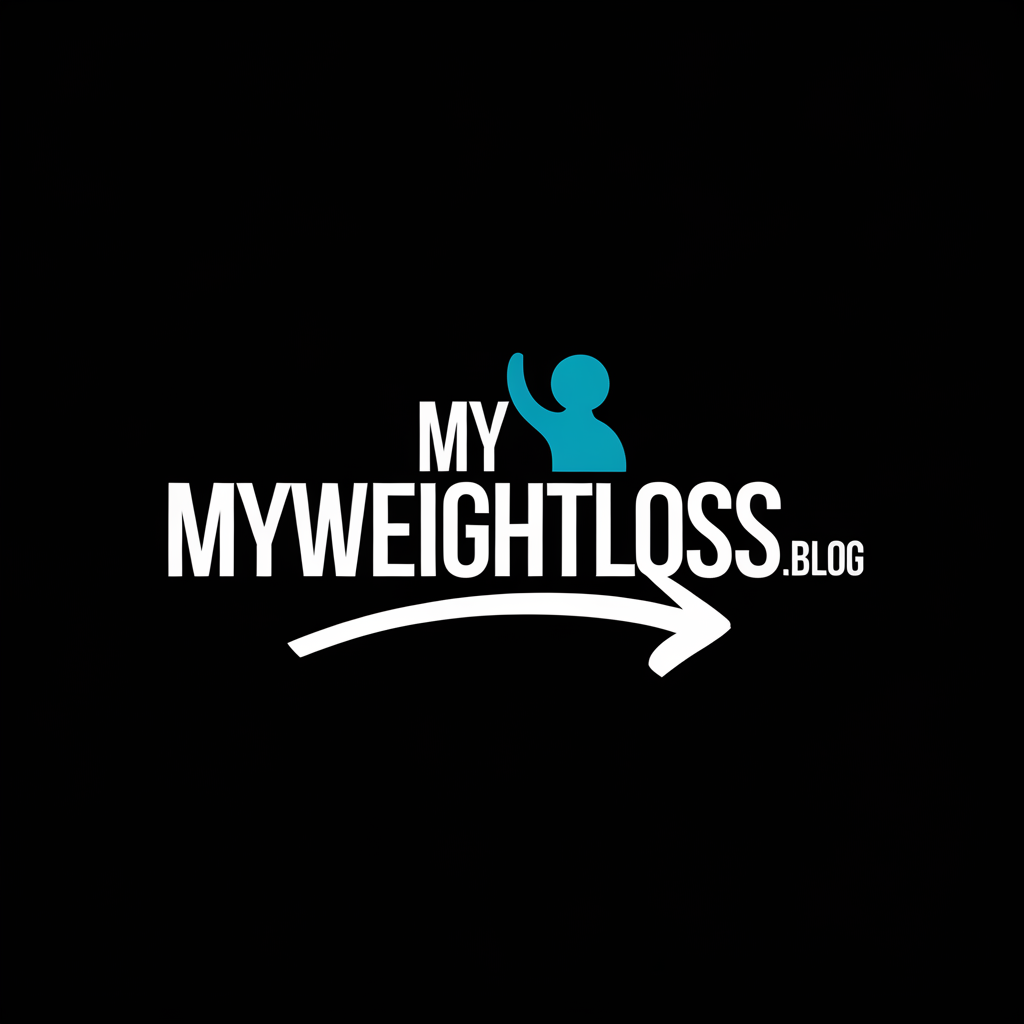Why Eating LESS Might Be Ruining Your Weight Loss!
You’ve probably noticed that eating less isn’t giving you the weight loss results you expected. While cutting calories might seem like the obvious path to a slimmer body, it can actually work against you. Your metabolism responds to severe calorie restriction by shifting into survival mode, triggering a cascade of hormonal changes that make weight loss even harder. Understanding this metabolic paradox will transform how you approach your fitness goals.
The Science Behind Metabolic Slowdown
When you significantly reduce caloric intake, your body activates protective mechanisms that slow down your metabolism. This survival response, evolved over thousands of years, helps preserve energy when food is scarce.
Your body doesn’t know you’re intentionally eating less for weight loss – it thinks you’re experiencing a famine.
The eating less weight loss myth overlooks how your body adapts to reduced calories. Your thyroid function decreases, producing fewer hormones that regulate metabolism.
You’ll burn fewer calories at rest, during exercise, and even while sleeping. Your muscles become more efficient, using less energy for the same activities.
You’re not alone in experiencing this metabolic slowdown. Many people face the same frustration when extreme calorie restriction backfires.
Understanding this biological response helps explain why drastically cutting calories often leads to plateaus and rebound weight gain, making sustainable approaches more effective for long-term success. Additionally, the body’s hormonal changes, such as leptin levels decreasing, can further complicate weight loss efforts and increase hunger.
Common Signs Your Body Is in Starvation Mode
If you’ve restricted calories too severely, your body will show clear warning signs that it’s entering starvation mode. Your metabolism slows down to conserve energy, making weight loss even harder. You might notice these signals as your body fights to protect itself.
| Physical Signs | Mental Signs |
|---|---|
| Constant fatigue | Irritability |
| Cold hands/feet | Food obsession |
| Hair loss/brittle nails | Poor concentration |
| Irregular periods | Mood swings |
Don’t ignore these red flags – they’re your body’s way of telling you something’s wrong. When you’re eating too little, you’ll likely experience intense cravings, dizziness, and difficulty sleeping. Your workout performance might suffer too, as your body lacks the fuel it needs for proper muscle function. Many people also report feeling constantly hungry, yet oddly full after eating small amounts of food. Additionally, poor sleep can exacerbate these symptoms, leading to further hormonal imbalances and weight gain.
How Undereating Affects Your Hormones
Because your hormones act as chemical messengers throughout your body, severe calorie restriction can throw their delicate balance into chaos.
When you significantly undereat, your body reduces thyroid hormone production, slowing your metabolism to conserve energy. This survival mechanism makes weight loss increasingly difficult.
Your body also increases cortisol, the stress hormone, which can lead to muscle breakdown and stubborn belly fat.
Meanwhile, leptin levels drop, leaving you constantly hungry, while ghrelin spikes, intensifying your cravings. You’re fighting an uphill battle against your own biochemistry.
If you’re struggling with hormonal imbalances from undereating, you’re not alone. Many people face these challenges when restricting calories too severely. Nutritional deficiencies can also arise, complicating your weight loss journey.
The key is finding the sweet spot – eating enough to support your hormones while maintaining a modest calorie deficit. This approach helps you lose weight sustainably without triggering your body’s starvation response.
Finding Your Optimal Calorie Range
Understanding your optimal calorie range helps prevent the hormonal chaos of severe restriction while supporting healthy weight loss.
You’ll need to calculate your total daily energy expenditure (TDEE) by considering your age, height, weight, activity level, and biological sex. This number represents how many calories you burn each day.
To lose weight sustainably, subtract 20-25% from your TDEE – this creates a moderate deficit that won’t trigger metabolic adaptation. For example, if your TDEE is 2000 calories, aim for 1500-1600 daily.
Don’t drop below 1200 calories for women or 1500 for men, as these are generally considered minimum thresholds for meeting nutritional needs.
Track your results weekly and adjust your intake based on progress. If you’re losing more than 1-2 pounds weekly or feeling exhausted, increase calories slightly. Additionally, focusing on balanced nutrition can further enhance your weight loss journey and overall health.
Smart Strategies for Sustainable Weight Loss
While counting calories provides a foundation for weight loss, implementing smart daily habits ensures long-term success. You’ll find it easier to maintain your progress when you focus on sustainable lifestyle changes rather than quick fixes.
Remember that incorporating daily movement into your routine can significantly enhance your overall calorie burn.
| Strategy | Implementation |
|---|---|
| Meal Prep | Plan and prepare 3-4 days of meals in advance |
| Portion Control | Use smaller plates and measure servings |
| Mindful Eating | Turn off devices and eat slowly |
| Sleep Quality | Get 7-8 hours of consistent sleep |
| Movement | Add 30 minutes of daily activity |
Remember that lasting weight loss isn’t about extreme restrictions. Instead, focus on building habits you can maintain for years to come. Start by incorporating one new strategy each week, allowing yourself time to adjust. When you feel overwhelmed, return to the basics and celebrate small victories. You’re not just changing your diet – you’re transforming your relationship with food and creating a healthier lifestyle that works for you.

